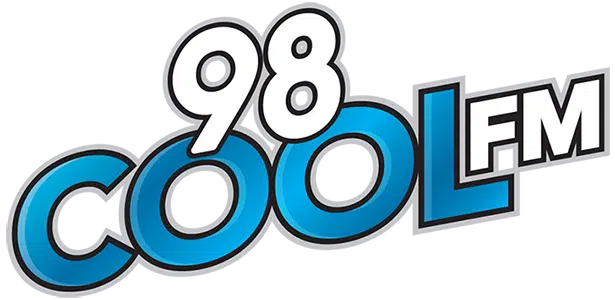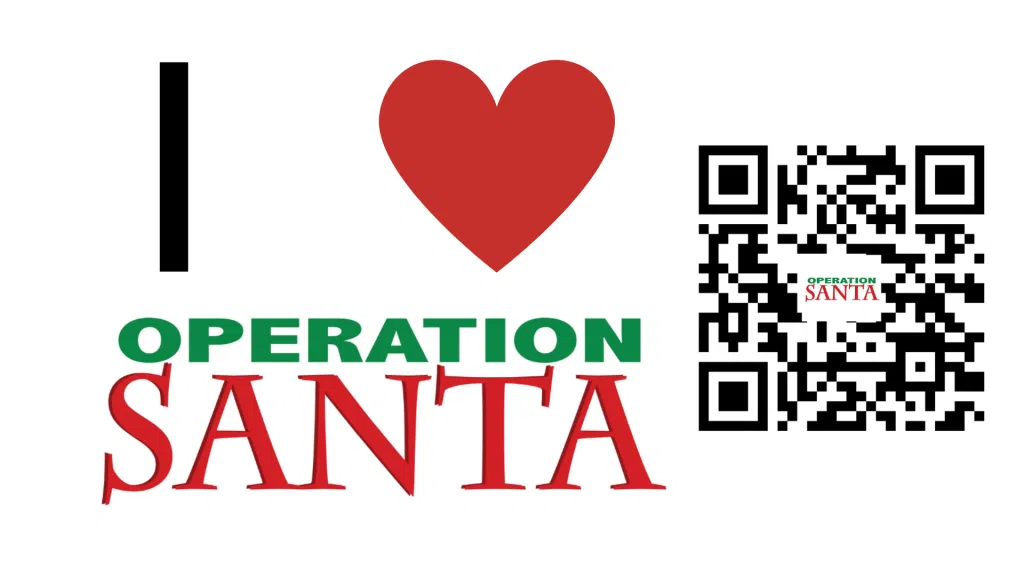Canadians will see a bit less per paycheque this year because of an Employment Insurance hike and for those who have an income over $68,500, a second earnings limit for the Canada Pension Plan. The Prairie Director of the Canadian Federation of Independent Business says employers will also be affected. Brianna Solberg explains that payroll taxes for employers will rise by up to $366 a year and for employees, it’s $348.
The total employer contributions for CPP and EI could amount at the top end to just over $5,500 a year per employee. Solberg suggests small businesses may be forced to rethink their wage and hiring plans for 2024. The CFIB is calling on Ottawa to work with the provinces to offset the CPP hikes, Solberg says, “Provinces can do some significant work in terms of affordability for business owners. We have our own recommendations for the Government of Saskatchewan – to lower taxes and avoid adding any new cost pressures in the upcoming budget.”
The CFIB is also urging the federal government to implement a 50/50 split in EI premiums between employers and employees, or introduce a refundable credit, similar to the 2015-16 Small Business Job Credit to offset the rate increases for businesses.





















